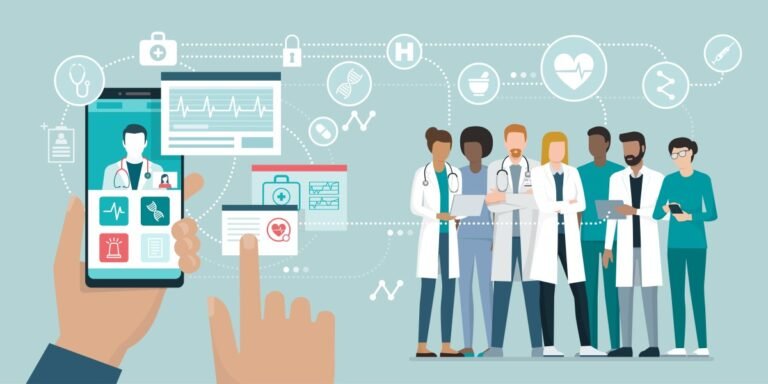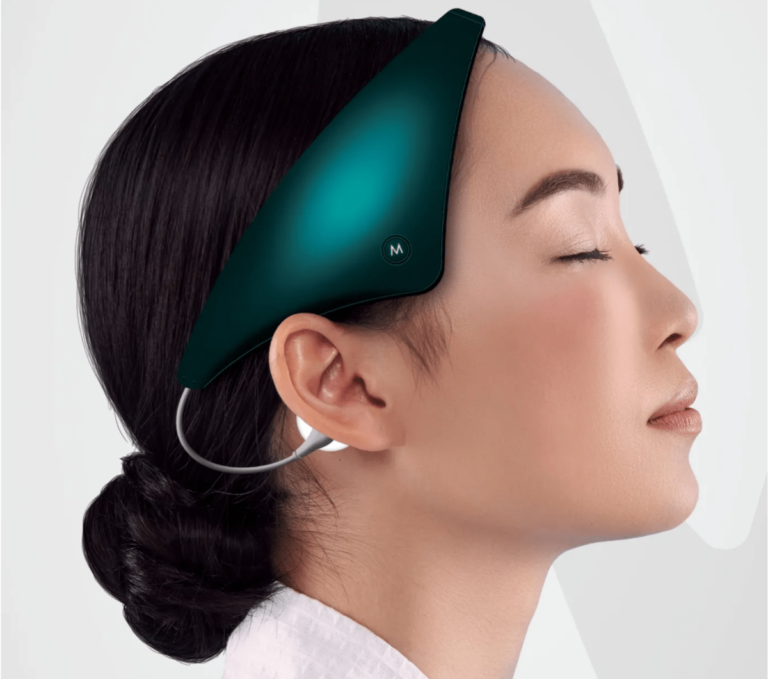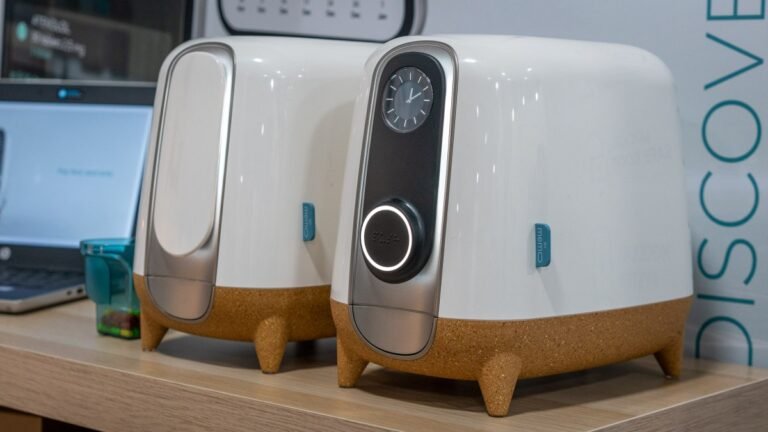
Anterior, a company that uses AI to expedite health insurance approval for medical procedures, has raised a $20 million Series A round at a $95 million post-money valuation led by NEA, according to two people familiar with the deal.
Existing investors Sequoia, which led Anterior’s $3.2 million seed round last September, and Neo, an accelerator that helped the company launch in the summer of 2022, also participated in the Series A financing.
The company has built an LLM-powered co-pilot that helps nurses and doctors save hours on gathering medical documentation required by insurance.
While Anterior’s initial offering is in prior authorization automation, the company eventually plans to expand into other medical administrative functions.
Makhzoimi also backed Xaira, an AI drug discovery startup that launched this year with $1 billion in funding.

As I wrote recently, generative AI models are increasingly being brought to healthcare settings — in some cases prematurely, perhaps.
Hugging Face, the AI startup, proposes a solution in a newly released benchmark test called Open Medical-LLM.
Hugging Face is positioning the benchmark as a “robust assessment” of healthcare-bound generative AI models.
It’s telling that, of the 139 AI-related medical devices the U.S. Food and Drug Administration has approved to date, none use generative AI.
But Open Medical-LLM — and no other benchmark for that matter — is a substitute for carefully thought-out real-world testing.

Prominent generative AI startups in healthcare include Ambience Healthcare, which is developing a generative AI app for clinicians; Nabla, an ambient AI assistant for practitioners; and Abridge, which creates analytics tools for medical documentation.
The broad enthusiasm for generative AI is reflected in the investments in generative AI efforts targeting healthcare.
Collectively, generative AI in healthcare startups have raised tens of millions of dollars in venture capital to date, and the vast majority of health investors say that generative AI has significantly influenced their investment strategies.
But both professionals and patients are mixed as to whether healthcare-focused generative AI is ready for prime time.
Generative AI might not be what people wantIn a recent Deloitte survey, only about half (53%) of U.S. consumers said that they thought generative AI could improve healthcare — for example, by making it more accessible or shortening appointment wait times.

Neurovalens now has two medical devices approved for prescription by doctors in the U.S.: one to treat generalized anxiety disorder (GAD) and another targeting insomnia.
Its GAD device was approved just last week, and its device for insomnia received FDA clearance last October.
But he confirms the company is applying for medical device clearances in the U.K. and EU, too,saying it expects to get its first stamp of approval for doctors in Europe to prescribe its insomnia device as a treatment later this year.
The startup says these are areas of the brain are responsible for functions like metabolic control, stress response and circadian regulation.
Neurovalens is the first company that’s focused on noninvasive direct stimulation of the vestibular nerve, per McKeown.

So, your partner could very well have an STI, but Calmara would tell you he’s in the clear.
That’s why actual STI tests use blood and urine samples to detect infection, as opposed to a visual exam.
It does not involve any medical conditions or discussions within its framework, and no medical doctors are involved with the current Calmara experience.
“The clear idea is to initiate a conversation regarding STI status and testing.”Calmara is part of HeHealth, which was founded in 2019.
Calmara and HeHealth use the same AI, which it says is 65-90% accurate.

Have you ever needed a copy of your medical imaging to take to your doctor or another healthcare provider and received the images on a CD?
Many radiologists still use this ancient format to transfer patients’ imaging files.
A startup called PocketHealth has built an medical image exchange platform to digitize the process for every patient and healthcare provider, making it more intelligent and personalized, no CDs involved.
PocketHealth isn’t the only company offering medical imaging sharing for patients in the MedTech space.
Ambra Health, based in New York, offers solutions for medical image sharing, and EnvoyAI, based in Massachusetts, develops a medical imaging AI marketplace.

If patient data has been stolen, the ramifications for the affected patients will likely be irreversible and life-lasting.
Change Healthcare is one of the world’s largest facilitators of health and medical data and patient records, handling billions of healthcare transactions annually.
The cybersecurity director expressed alarm at the prospect of the hackers potentially publishing the stolen sensitive patient data online.
For those on the front-lines of healthcare cybersecurity, the worst-case scenario is that stolen patient records become public.
Do you work at Change Healthcare, Optum or UnitedHealth and know more about the cyberattack?

Hexa, the Paris-based startup studio that recently raised $22 million, is launching a new vertical focused on improving the healthcare system.
Julien Méraud, a senior team member of the French unicorn startup Doctolib, is joining the startup studio .
After a while, startups “graduate” from the startup studio and continue their life as independent companies — Hexa keeps a stake in its portfolio companies.
As Hexa starts to branch out to other verticals, the startup studio is also rethinking its strategy.
For the health vertical, Hexa is not only hiring Julien Méraud.

Every few years, a new startup takes a stab at automatic pill dispensers to help with drug adherence and to prevent people from accidentally dosing more than they should.
Makes sense: For many of us, as we get older, more and more medicines join the lineup that keeps us ticking along.
Unfortunately, memories get fuzzy, and forgetting to take — or doubling up — medicines can have disastrous consequences.
The company takes a fresh look at the market, with a good-looking device to keep its users’ medicine intake on track.
My Memo is a closed box that makes the medicines inside inaccessible — helpful to prevent casual theft and child safety, for example.

Aside from a brief on-again-off-again thing with Nokia, Withings has been quietly establishing itself as a home health powerhouse in recent years.
The “multiscope,” as the company has deemed it, is designed to give patients easy access to vitals during teleconference health calls.
It’s kind of a supercharged digital thermometer that also serves as an electrocardiogram, oximeter and stethoscope, giving your healthcare provider more insight into what’s going on with you in real time.
“While convenient and cost-effective, remote visits lacked the ability for health professionals to carry out the routine checks they perform in person.
That audio can also be sent to the healthcare provider via an app.













